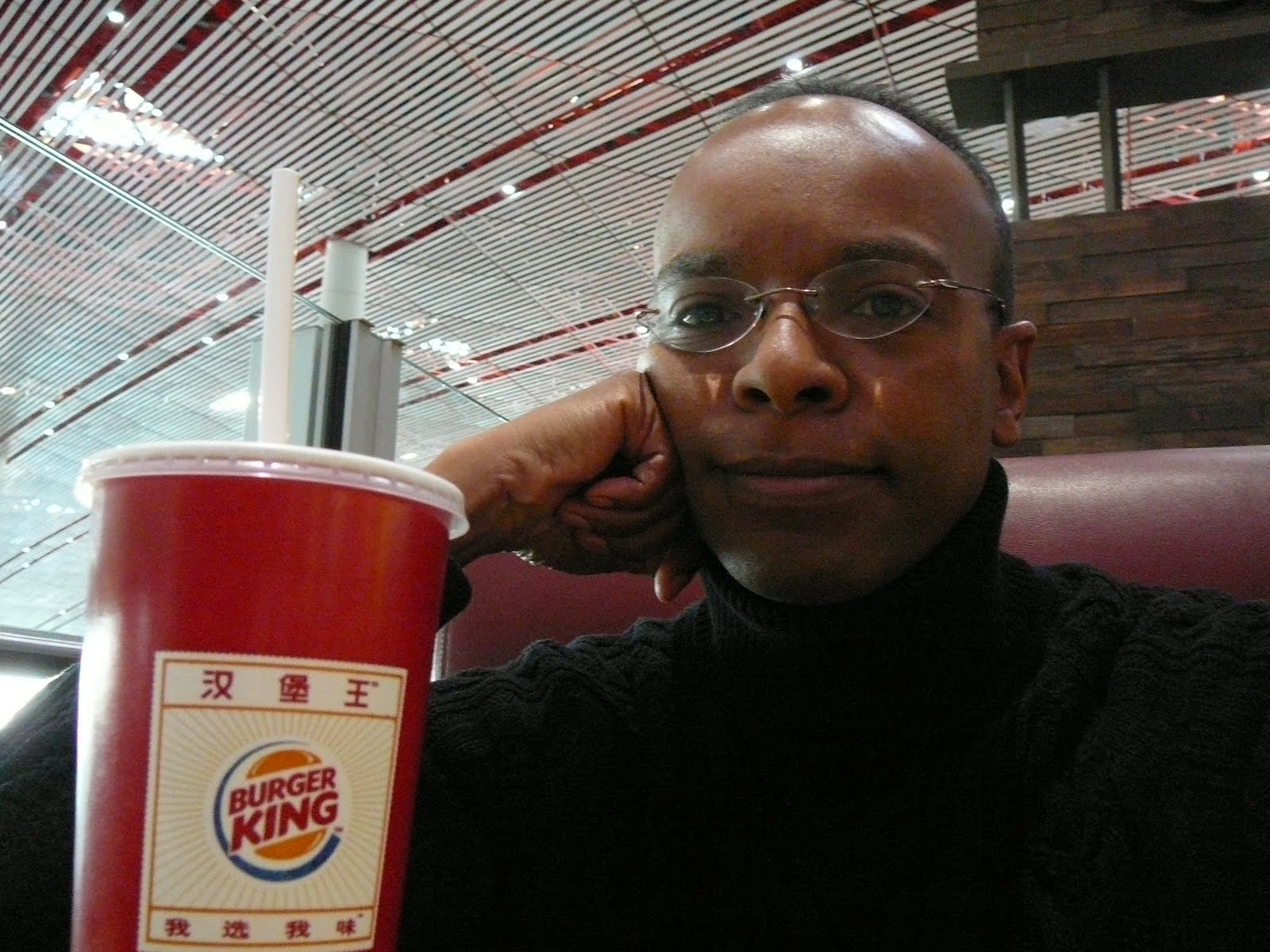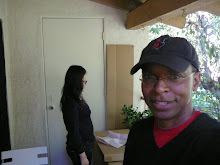
If there is anything mainland Chinese like more than tea, it is old sayings. Many of America's most notable sayings trace their history to Mark Twain, or maybe a hundred years earlier, to George Washington. The Chinese always refer to a fellow named Confucius, who was spouting aphorisms all the way back in 500 B. C.
But what is weird about modern-day China is how the Chinese like to claim many popular sayings worldwide originated with Confucius, and became standard lexicon in other countries. One colleague told me:
"We have a saying that 'one should harvest dry wheat while the sun is at its peak,' meaning people should not waste time when work is to be done."
"I know that one," I replied. "It's 'make hay while the sun shines'."
"Yes," said my colleague. "Confucius said it first."
"No, he didn't."
"Yes, he did. Everyone knows this."
OK, well, maybe it is possible that Confucius did originate the phrase. There are all sorts of things no one knows or fully understands about Chinese history and culture. But then I found out about some other alleged Chinese proverbs, and now I'm not so sure.
"Perception is Reality" may be traced back to the teachings of Confucius. Perhaps Confucius determined that what he saw in his garden was pretty much what was actually happening; he simply had the foresight to put it in writing.
"Possession is Nine-Tenths of the Law." Also attributed to Confucius at one time or another, this claim is very likely to be true. In fact, given what appears to be an historical Chinese obsession with obtaining material wealth, it should be amended to read: "Posession is Nine-Tenths of the Law. Especially OUR law."
"It Was Not Over When The Germans Bombed Pearl Harbor." A 20th-century update of an old Confucius saying, I'm sure. This one was apparently circulated by some misbehaving students at Peking University in the 1950s, demonstrating again that the Chinese know more about our history than we do.


No comments:
Post a Comment